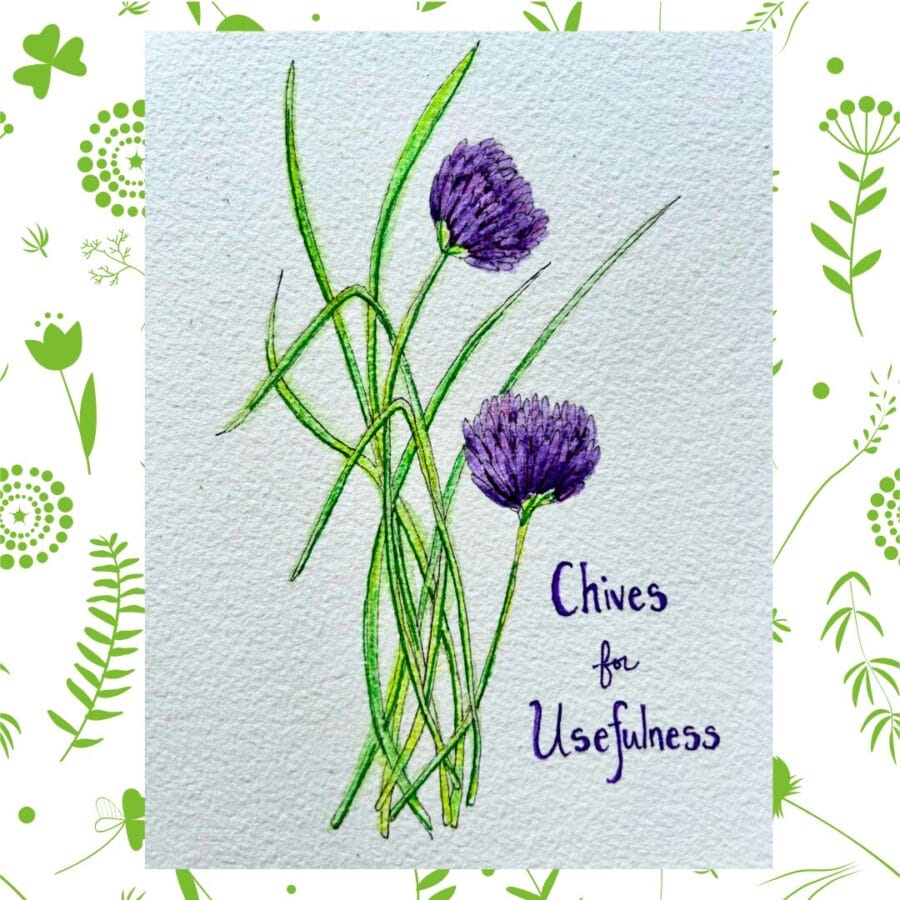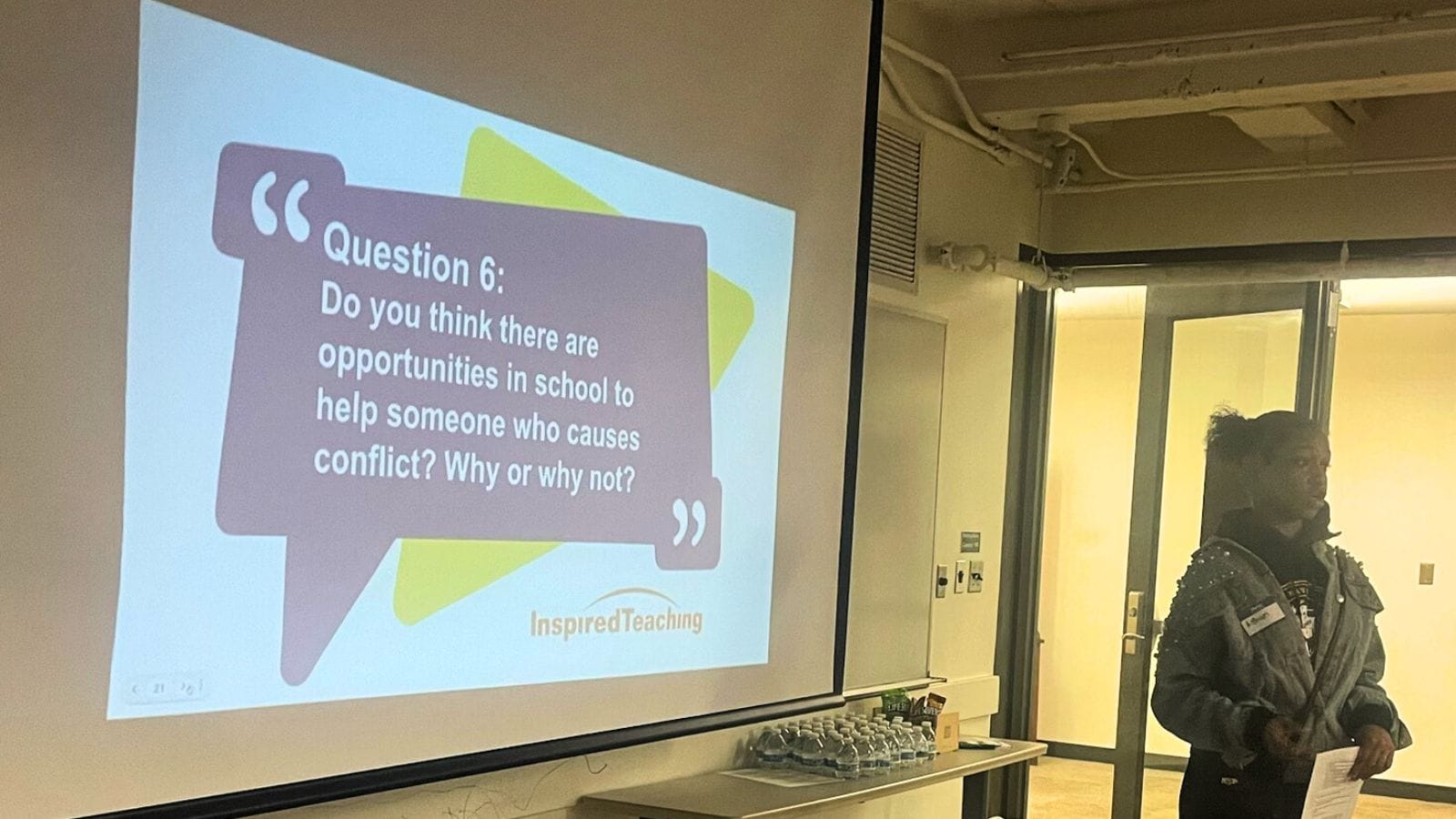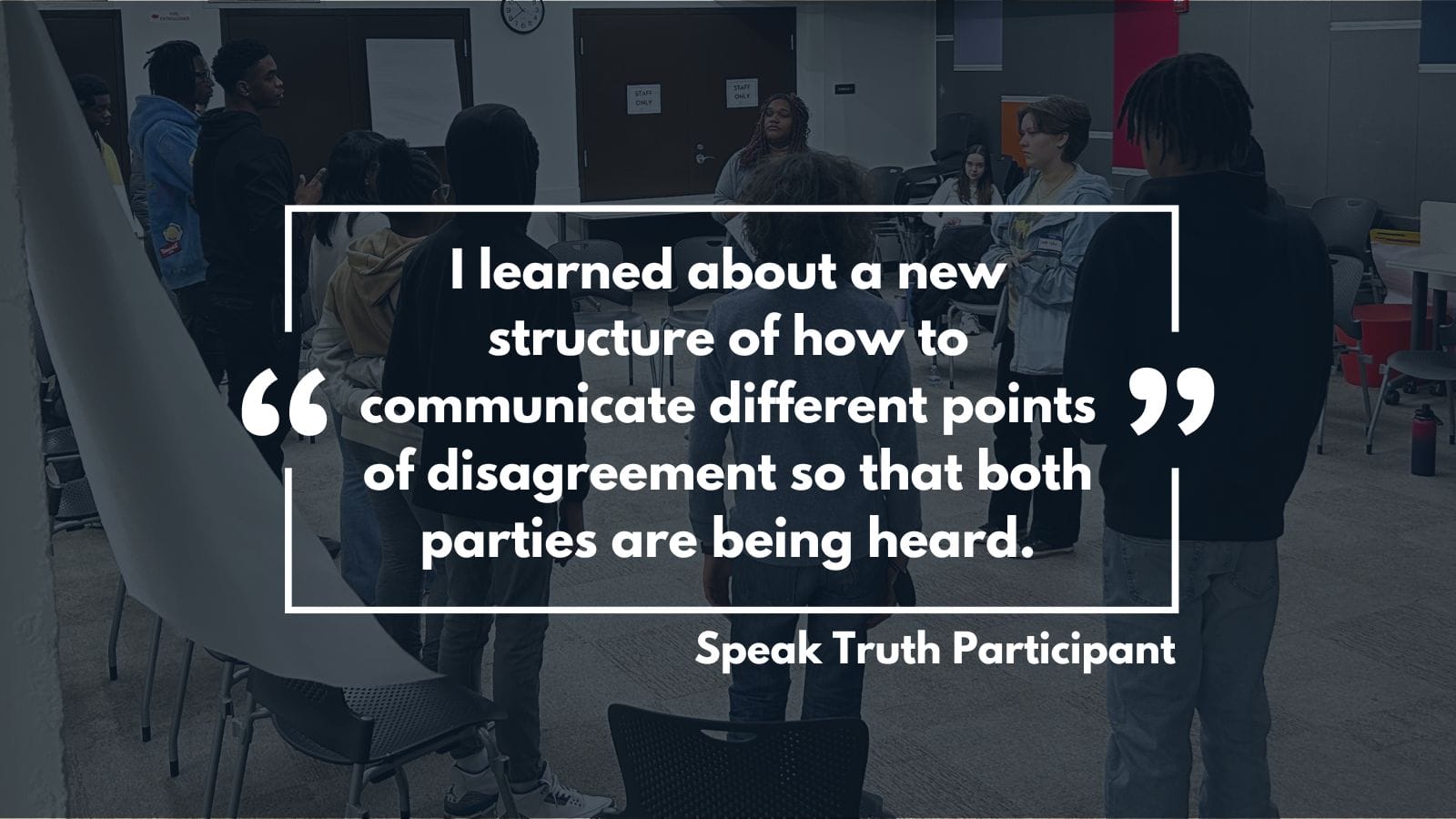
May 6, 2024
By Aleta Margolis, Founder and President
Listen to this week’s Hooray For Monday podcast for words of appreciation from Aleta and the audio version of this week’s post.
Last week, in anticipation of Teacher Appreciation Week, we shared A Bouquet of Appreciation, composed of six glorious original drawings Jenna created for you, our teaching community. We hope that bouquet continues to bring you strength, love, wisdom, and more.
Teachers, we appreciate you. And right now, we really need you.



The extreme polarization plaguing so many college, and some high school, campuses underscores the importance of the work teachers do with students before they head to college and careers. We have a critical opportunity, and responsibility, to teach students – from our youngest children to teenagers about to graduate from high school – how to step outside of their comfort zones. How to seek out differing viewpoints. How to receive those viewpoints with curiosity, even when it is difficult to do so.
Friends, I am encouraging you to invite conflict into your classroom. If we truly want to educate our children so they are able to collaborate with others, and to make meaningful contributions to society, then we must teach them how to navigate conflict now, while they are in school, when the stakes are still relatively low.
Inviting conflict into your classroom can be particularly challenging if your students have never been asked to talk across difference before. But exploring our differences doesn’t have to be scary.

You can start slowly, with topics that are relatively straightforward. For instance…
-
Ask students if they can think of a time they tried a food they’d never encountered before. Did they expect to like it or not? What happened after they tried it? Then invite students to bring in different foods (or, if allergies prohibit this, recipes) they grew up with. Have students exchange foods/recipes and then…talk to each other about the history of what they’ve shared, its importance or significance, a special memory it elicits.
-
Ask your students what kinds of music they like. Invite them to list their favorite songs and partner with someone who likes a different genre. Encourage them to ask, “What do you like about that type of music?” “Why do you like it?” Encourage them to listen to the responses, and to the music.
-
Have students pair up and tell each other about the kinds of pets they have. Ask students to find a partner with a different type of pet and find out what it’s like, for example, to have a snake or a hermit crab sleeping in your bedroom!
-
Invite students to ask one another about their family history, where they grew up, where their parents grew up, where their grandparents grew up. This conversation can open up a host of learning opportunities, involving geography, language, culture, and more.
Soon, you and your students will be ready to move to more complicated conversations.

Teachers of young children: if your students grow accustomed to talking with people with different perspectives on a regular basis, you will not only support this critical aspect of their learning, you will also make life so much easier for your teaching colleagues when your students get to middle and high school.
And it goes without saying that middle and high school students who learn the difference between, “I disagree with you,” and “I hate you,” will bring a much-needed skill-set to college campuses in future years.
All students, like all people, crave meaning. They crave connection and the opportunity to talk about something that matters. Adena, a high school student in our Speak Truth program, said it best, “We deserve the provocative!”
For more concrete tools and some really wise guidance, please read “A Letter to College Students: 10 Ways to Side with Humanity” by Starts With Us Founding Partner Daniel Lubetzky and Lonnie Ali, Co-Founder of the Muhammad Ali Center. They describe themselves as “a passionate Jew and a passionate Muslim.” While the letter is written for college students, it contains simple and profound guidance for all of us.
And please read Good Conflict, in the May issue of Kappan magazine. This piece, which Jenna and I wrote, includes more concrete ways to teach your students how to navigate conflict, as a natural part of life.
Thank you, teachers, for the extraordinary work you do. My colleagues and I see you; we appreciate you; and we truly need you.
For additional insights, resources, and information on Inspired Teaching teacher and youth programming, subscribe to the Hooray For Monday newsletter!
